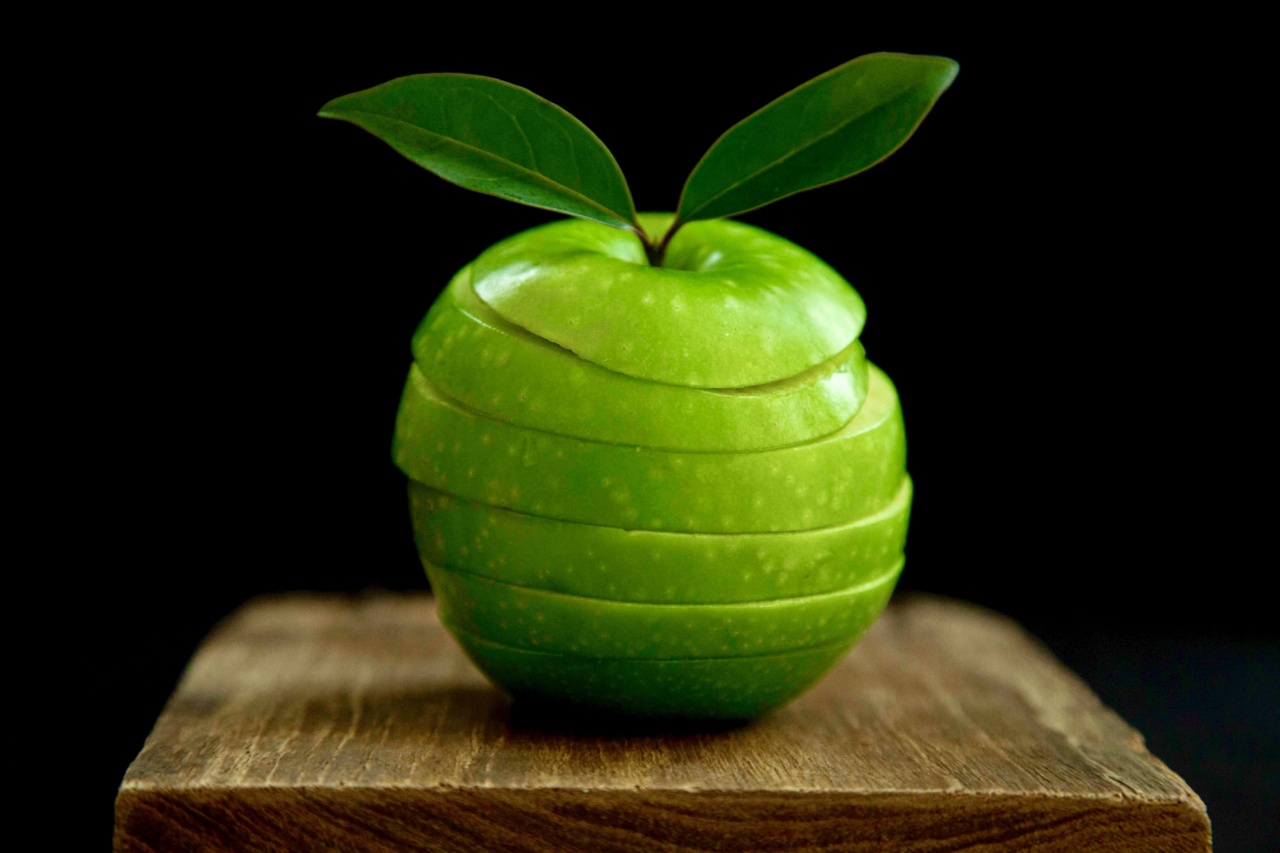Sneezing is a natural bodily function that helps to expel irritants and foreign particles from our respiratory system. It provides relief and is an essential defensive mechanism of our body.
While some people may try to suppress or cut their sneezes, it is important to understand why this practice should be avoided. In this article, we will explore the reasons why you should never cut your sneezes.
1. Sneezing is a protective mechanism
When we sneeze, our body is trying to get rid of any irritants or allergens in our nose or throat. The forceful expulsion of air clears the nasal passages, ensuring that foreign particles do not enter our lungs.
Cutting a sneeze disrupts this natural process and can lead to the accumulation of irritants in our respiratory system.
2. Potential health risks
Suppressing a sneeze can have several negative consequences on our health. When we sneeze, our body produces a forceful burst of air that travels at a speed of up to 100 miles per hour.
Cutting a sneeze can cause this pressure to build up inside our respiratory system, leading to potential damage to our nasal tissues, sinuses, and even our eardrums.
3. Increase in pressure
When we forcefully hold back a sneeze, the pressure in our respiratory system increases dramatically. This sudden increase in pressure can lead to a condition known as barotrauma.
Barotrauma can cause damage to the delicate tissues in our nose and throat, leading to pain, sinusitis, or even a ruptured eardrum.
4. Spreading of germs
Sneezes can act as a vehicle for the spread of germs and viruses. When we sneeze, droplets containing bacteria and viruses are expelled into the air around us.
This can significantly increase the risk of spreading contagious illnesses such as the common cold or flu. Cutting a sneeze can cause these droplets to disperse into the immediate surroundings, posing a risk to those nearby.
5. Hindrance to the body’s natural defense
Our body has evolved to sneeze as a protective mechanism, and suppressing this natural reflex can hinder our body’s defenses against infections and allergens.
Sneezing helps to remove harmful particles and irritants, preventing them from causing further damage to our respiratory system. By cutting a sneeze, we interfere with this essential process and potentially put our health at risk.
6. Increased discomfort
Suppressing a sneeze can result in increased discomfort, both physically and psychologically. Physically, holding back a sneeze can cause a feeling of pressure and congestion in our nasal passages.
Mentally, it can create a sense of unease or irritability as our body’s natural urge to sneeze is suppressed. Allowing ourselves to sneeze freely can provide relief and prevent unnecessary discomfort.
7. Avoiding complications
In some cases, cutting a sneeze can result in complications that may require medical intervention.
The increased pressure caused by holding back a sneeze can lead to a condition known as a nasal hematoma, which is the collection of blood in the nasal cavity. This can cause pain, swelling, difficulty breathing, and may necessitate medical attention.
8. Medical advice
Medical professionals universally advise against cutting sneezes. They emphasize the importance of allowing sneezes to occur naturally and without interruption.
Suppressing a sneeze can lead to unnecessary health risks and should be avoided to maintain optimal respiratory health.
9. Allergies and nasal irritants
For individuals who suffer from allergies or are regularly exposed to nasal irritants, cutting a sneeze can exacerbate their symptoms.
Sneezing is the body’s natural defense mechanism against allergens, and by suppressing a sneeze, these irritants have a higher chance of entering and irritating the airways, leading to prolonged discomfort and potential complications.
10. Sneezes as a warning sign
Sneezing can sometimes indicate an underlying health issue or allergy. By cutting a sneeze, we may be unintentionally ignoring a warning sign from our body.
Paying attention to our sneezes can provide valuable insights into our overall health and should not be disregarded.






























